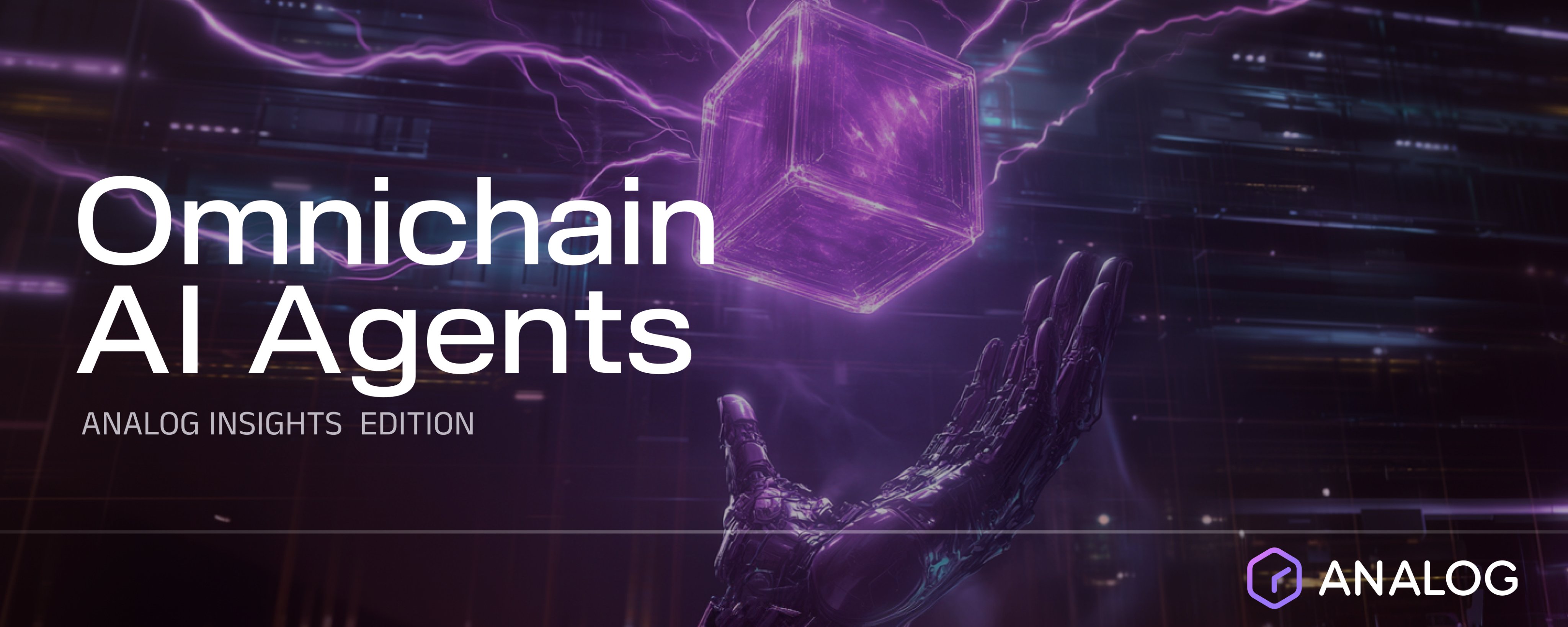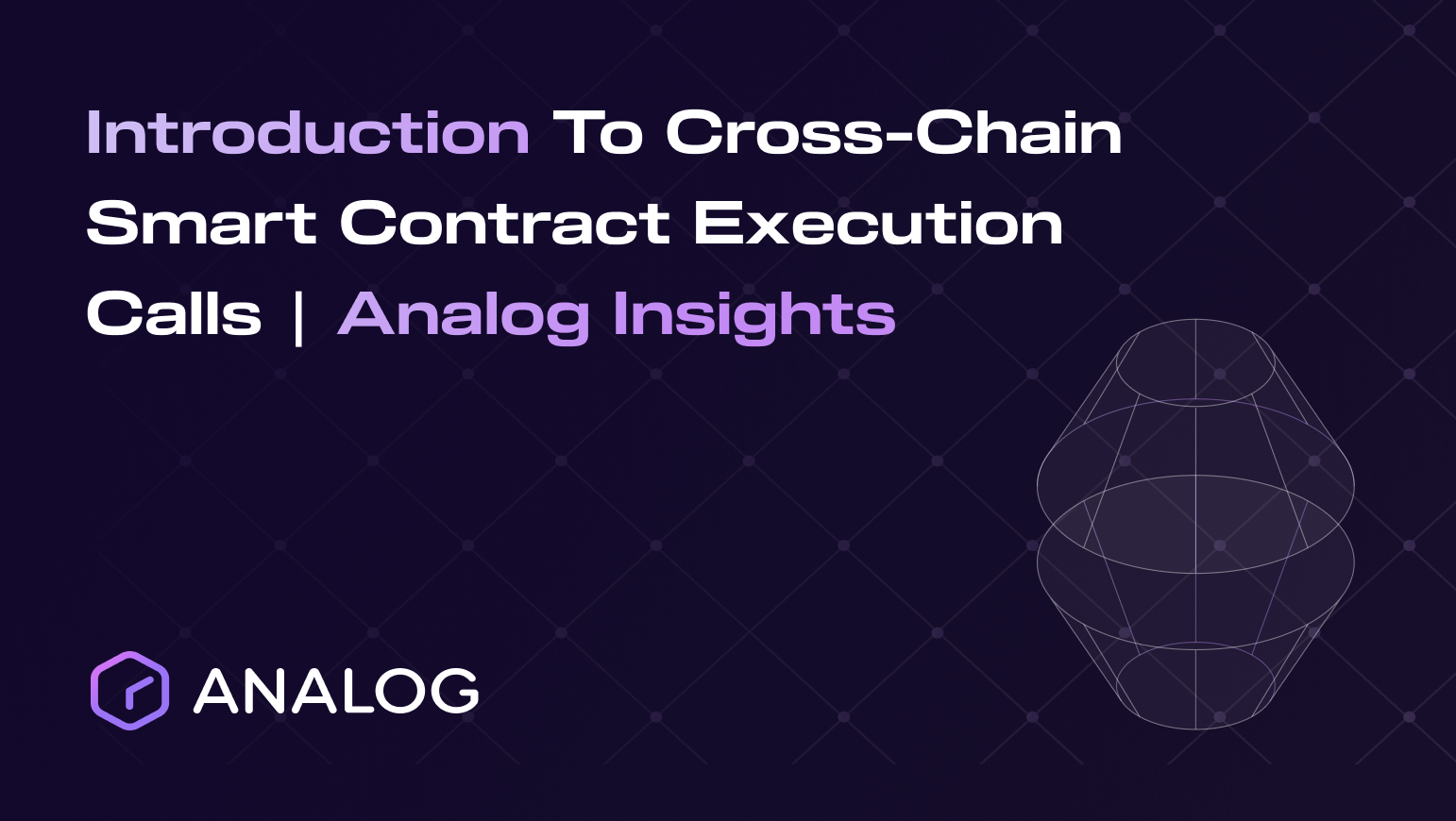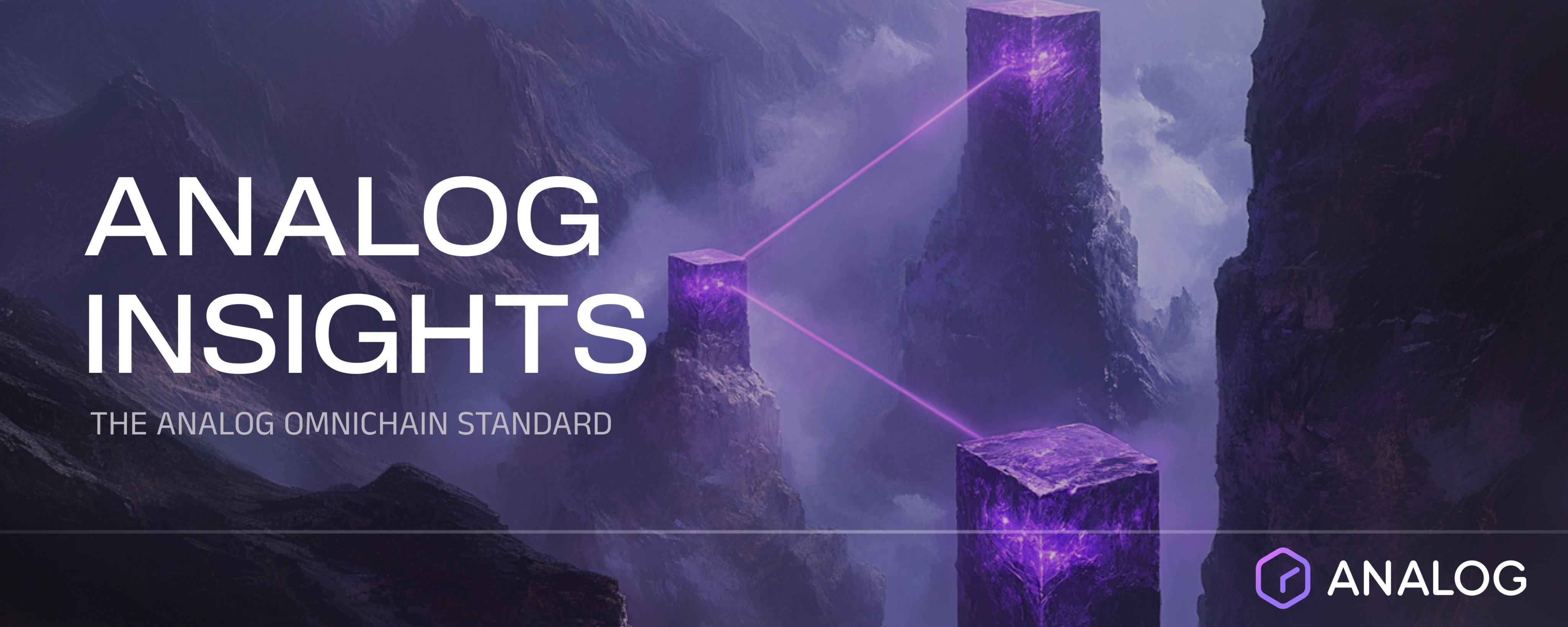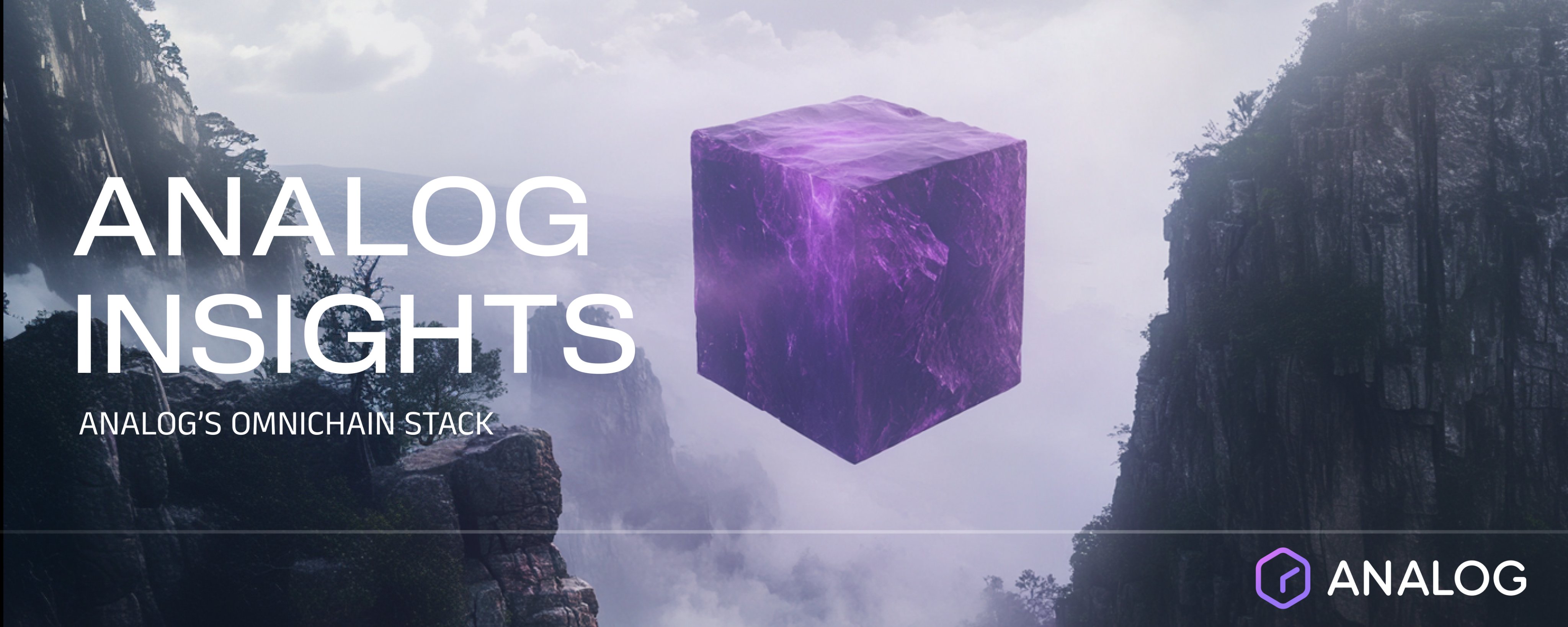- Products
- Ecosystem
- Resources
- About
- Explore
Let’s Connect
Please submit your information, and our team will be in touch soon.
Please describe how we can help you
Please Select
Email Address
First Name
Last Name
Job Title
Company name (optional)
Company, team, or project website (optional)
Message










